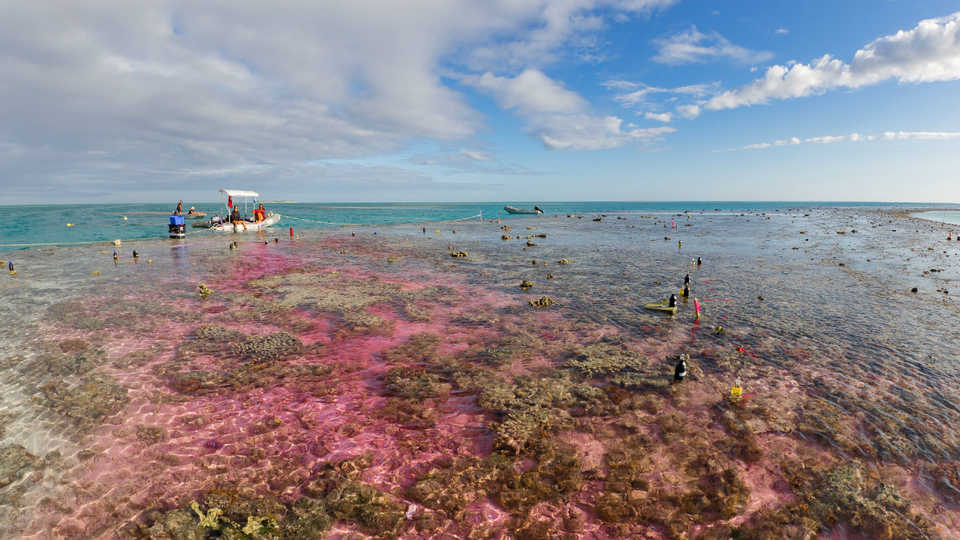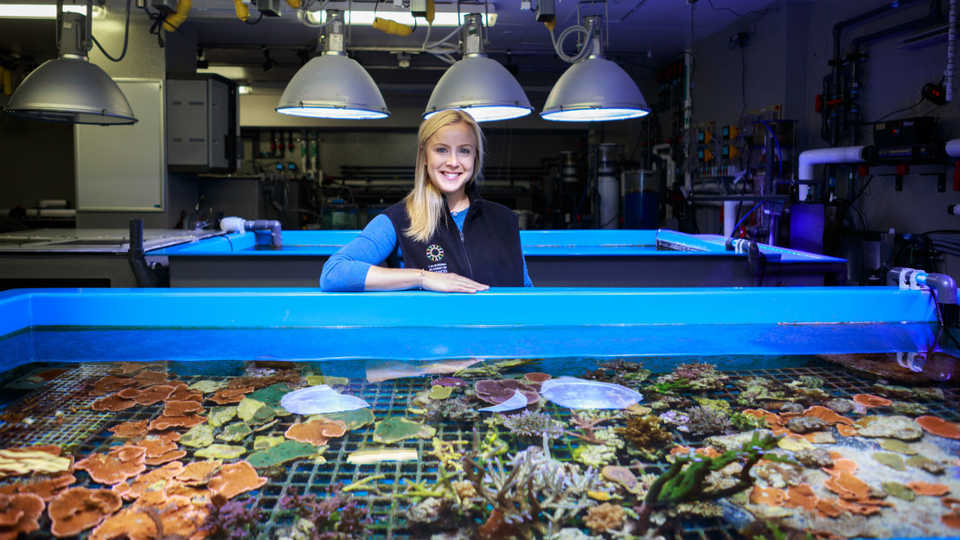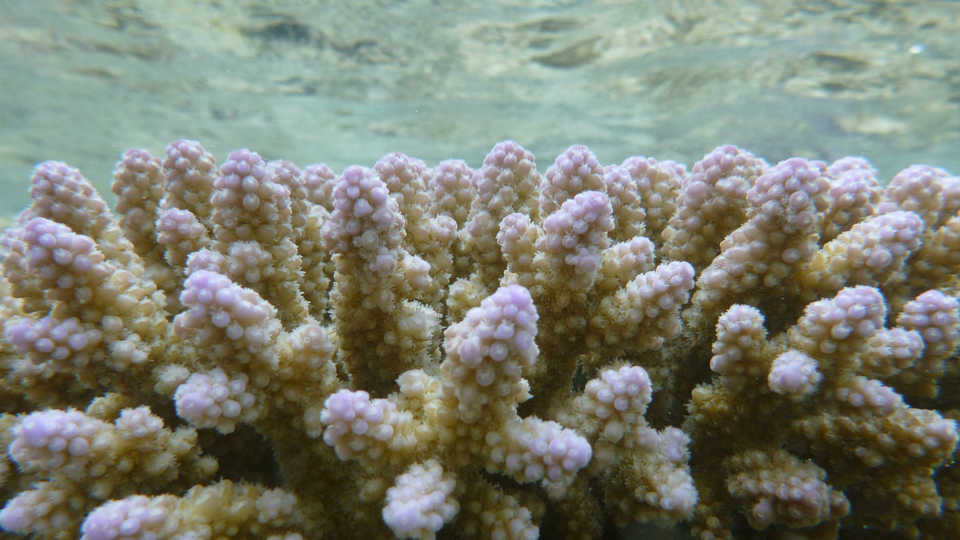The Institute for Biodiversity Science and Sustainability at the California Academy of Sciences is at the forefront of efforts to understand two of the most important topics of our time: the nature and sustainability of life on Earth. Based in San Francisco, the Institute is home to more than 100 world-class scientists, state-of-the-art facilities, and nearly 46 million scientific specimens from around the world. The Institute also leverages the expertise and efforts of more than 100 international Associates and 400 distinguished Fellows. Through expeditions around the globe, investigations in the lab, and analysis of vast biological datasets, the Institute’s scientists work to understand the evolution and interconnectedness of organisms and ecosystems, the threats they face around the world, and the most effective strategies for sustaining them into the future. Through innovative partnerships and public engagement initiatives, they also guide critical sustainability and conservation decisions worldwide, inspire and mentor the next generation of scientists, and foster responsible stewardship of our planet.
New findings are a clear call for immediate global action on climate change
SAN FRANCISCO (March 14, 2018) — Ocean acidification will severely impair coral reef growth before the end of the century if carbon dioxide emissions continue unchecked, according to new research on Australia’s Great Barrier Reef led by Carnegie’s Ken Caldeira and California Academy of Sciences curator Rebecca Albright.
Their work, published today in Nature, represents the first ocean acidification experiment in which seawater was made artificially acidic by the addition of carbon dioxide and then allowed to flow across a natural coral reef community. The acidity of the seawater was increased to reflect end-of-century projections if carbon dioxide from greenhouse gas emissions are not abated.
“Our findings provide strong evidence that ocean acidification caused by carbon dioxide emissions will severely slow coral reef growth in the future unless we make steep and rapid reductions in greenhouse gas emissions,” said first author and Hope for Reefs co-leader Albright.
Antacids and heartburn on the reef
Two years ago, Caldeira and Albright (then at Carnegie), published a landmark study providing evidence that ocean acidification is already slowing coral reef growth.
In that work, they made a coral reef community’s seawater chemistry more alkaline—essentially giving the reef an antacid—and demonstrated that the corals’ ability to construct their architecture improved under those conditions. It was the first time that seawater chemistry was experimentally manipulated in a natural coral reef environment.
They once again altered seawater chemistry of reef flats surrounding One Tree Island—a small coral cay in the southern Great Barrier Reef off the coast of Australia. For the new study published today, the researchers gave the reef heartburn, increasing acidity by adding carbon dioxide to seawater flowing over a coral reef community.
“Last time, we made the seawater less acidic, like it was 100 years ago, and this time, we added carbon dioxide to the water to make it more acidic, like it could be 100 years from now,” Caldeira explained.
Climate and corals
When coal, oil, or gas is burned, the resulting carbon dioxide is released into the atmosphere. It is well established that these emissions are the culprit of global climate change, the warming from which has a negative impact on coral reefs. This atmospheric carbon is also absorbed into the ocean, where it remains for millennia.
A chemical reaction between the seawater and these soaked-up carbon emissions produces carbonic acid, which is corrosive to coral reefs, shellfish, and other marine life. Reefs are especially vulnerable to this ocean acidification, because their skeletons are constructed by accreting calcium carbonate—a process called calcification. As the surrounding water becomes more acidic, calcification becomes more difficult.
“Not a moment to lose”
By working in controlled areas of a natural reef community, Caldeira, Albright, and their team were able to demonstrate how acidification impacts coral reefs on the ecosystem scale, not just in terms of individual organisms or species, as other studies have done.
They say this approach is crucial to understanding the full scope and complexity of ocean acidification’s impact as well as predicting how acidification will affect the coastal communities that depend on these ecosystems.
“Coral reefs offer economic opportunities to their surrounding communities from fishing and tourism,” Caldeira said. “But for me the reef is a beautiful and diverse outpouring of life that we are harming with our carbon dioxide emissions. For the denizens of the reef, there’s not a moment to lose in building an energy system that doesn’t dump its waste into the sky or sea.”
Other members of the research team include: Carnegie’s Yui Takeshita, David Koweek, and Yana Nebuchina; Aaron Ninokawa and Jordan Young of University of California Davis; Kennedy Wolfe of the University of Sydney;and Tanya Rivlinof The Hebrew University of Jerusalem.
Additional press contacts:
Ken Caldeira: kcaldeira@carnegiescience.edu or (650) 704-7212
Carnegie (carnegiescience.edu) is a private, nonprofit organization headquartered in Washington, D.C., with six research departments throughout the U.S. Since its founding in 1902, the Carnegie Institution has been a pioneering force in basic scientific research. Carnegie scientists are leaders in plant biology, developmental biology, astronomy, materials science, global ecology, and Earth and planetary science.
Press Contacts
If you are a journalist and would like to receive Academy press releases please contact press@calacademy.org.
Digital Assets
Hi-res and low-res image downloads are available for editorial use. Contact us at press@calacademy.org to request access.


